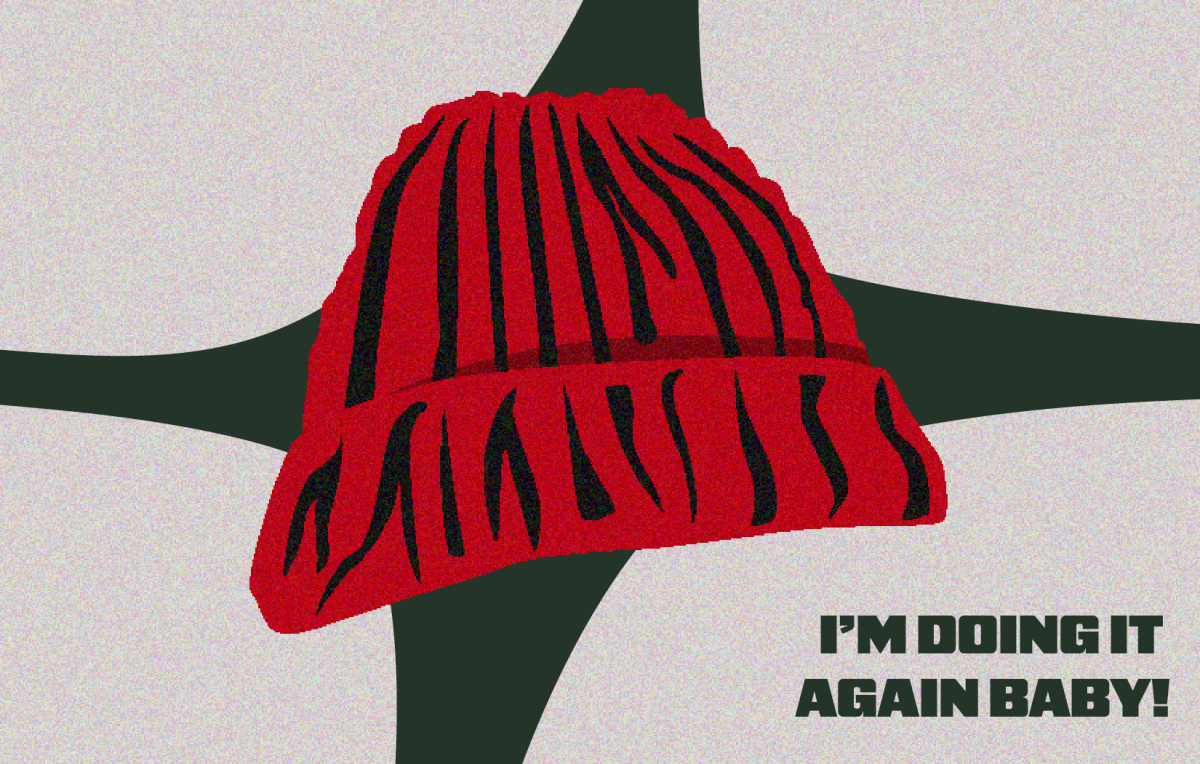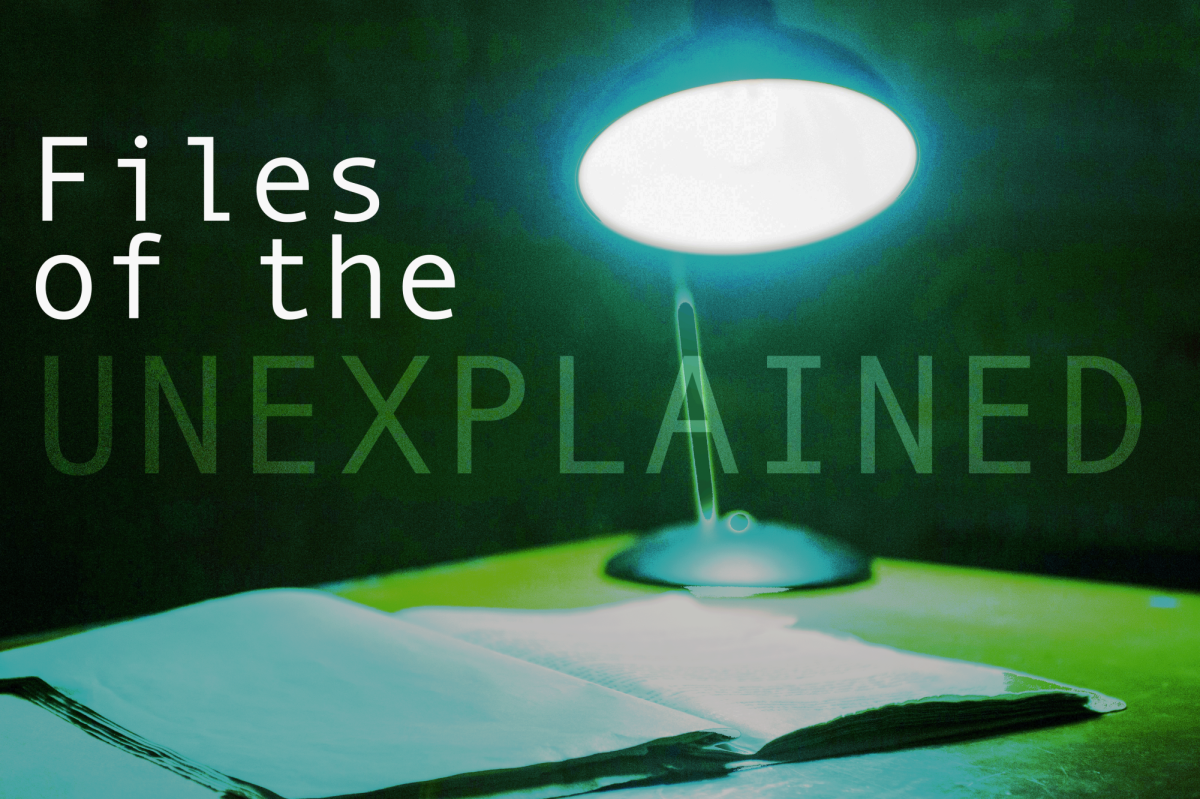
Government fact sheets are quick to remind its citizens that 57 percent of emissions are from vehicles. Salt Lake City is home to many people and a destination for many commuters. Citizens are going to drive, and the worse the air gets, the less appealing other modes of transportation, like walking or biking, become. While those who live here do not want to increase air pollution, removing one car out of the 300,000 that are driven to work by single passengers is not an enticing enough reason to alter habits.
Gov. Herbert cannot will hundreds of thousands of cars out of the city, and it is only going to get worse as the population grows. Instead, legislation needs to keep in mind the habits of the population and quit ignoring industrial contributions. The government should entice drivers to leave their cars at home by increasing taxes on gasoline and using the extra money to make public transportation cheaper, more widespread and easily accessible. However, this approach is difficult, since all products have transportation costs, so grocery stores and local businesses would need to adjust prices as well. Gas prices are always expected to be in flux, so unless the cost were increased considerably, it would do little to prevent extra travel.
Like no-burn days, the state might enforce no-drive days. Once accepted into the culture, people would learn to work around them. Although the hassle of getting a permit might convince many people to stay home from work or school.
There are few cut and dry solutions to motor vehicle emissions, but industrial pollution, such as the refineries north of the city, are straightforward to regulate. Corporations have the means to be sustainable — companies such as Black Diamond and Adobe advertise their innovations in sustainability, and sustainable startups work to push all businesses in that direction. However, if sustainability limits profit, companies are not likely to adopt those practices. Government standards are some of the only influences that can make sustainability financially beneficial to a company. Utah air quality standards are currently no stricter than federal standards, but the level of several pollutants such as carbon monoxide and ozone are above the U.S. average.
Even though industrial sources contribute less than cars, they still need to be held accountable for their part in the problem. The small changes government is making to the problem of pollution are not going to inspire a lifestyle change for the state. The governor needs to consider stricter, potentially unpopular laws that make Utah air everyone’s business if it expects to begin to tackle the increasing severity and frequency of inversions.
[email protected]











